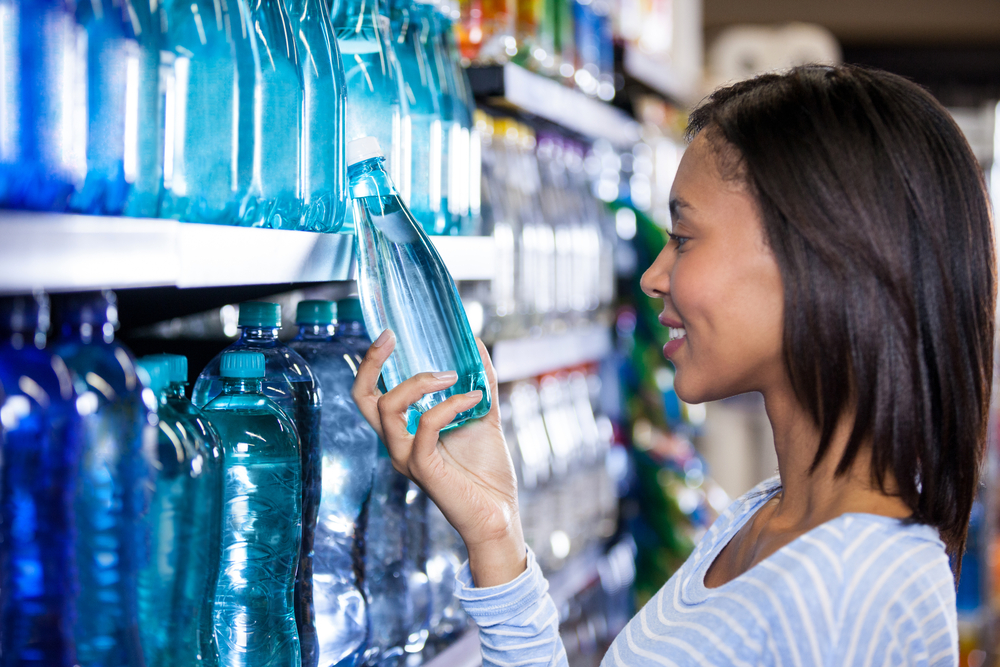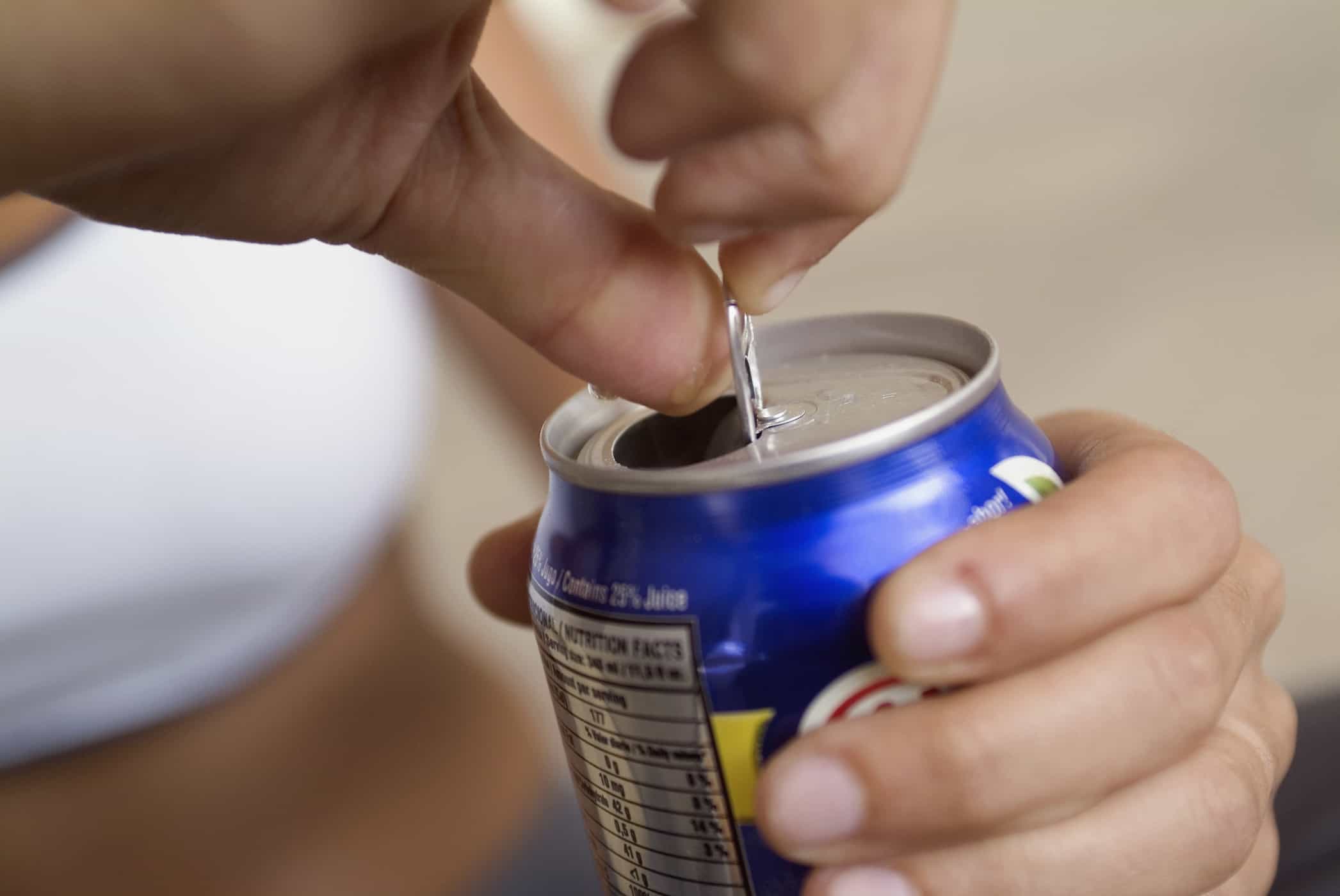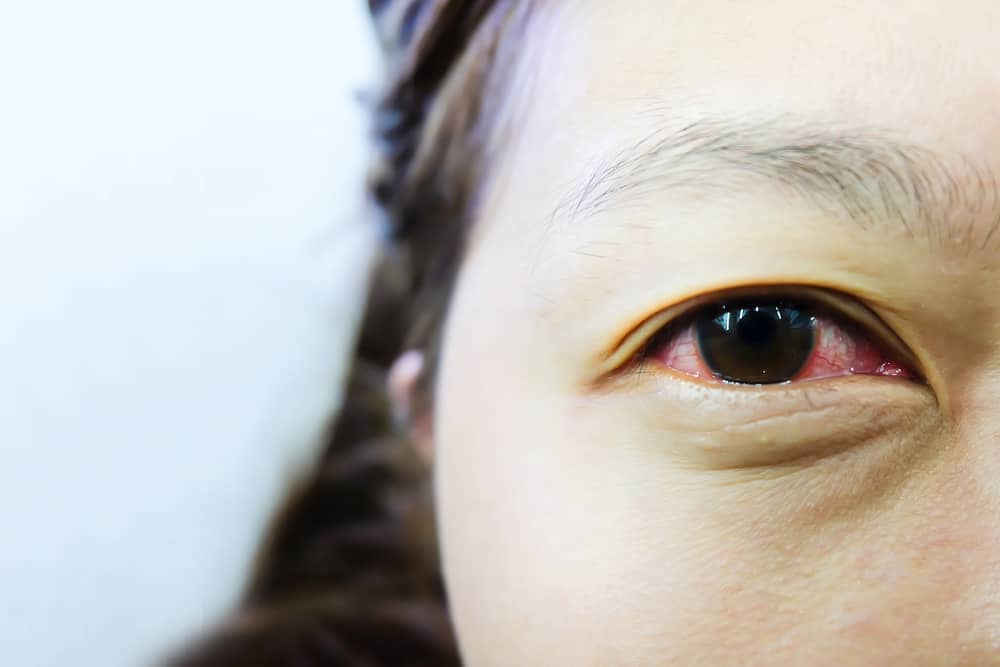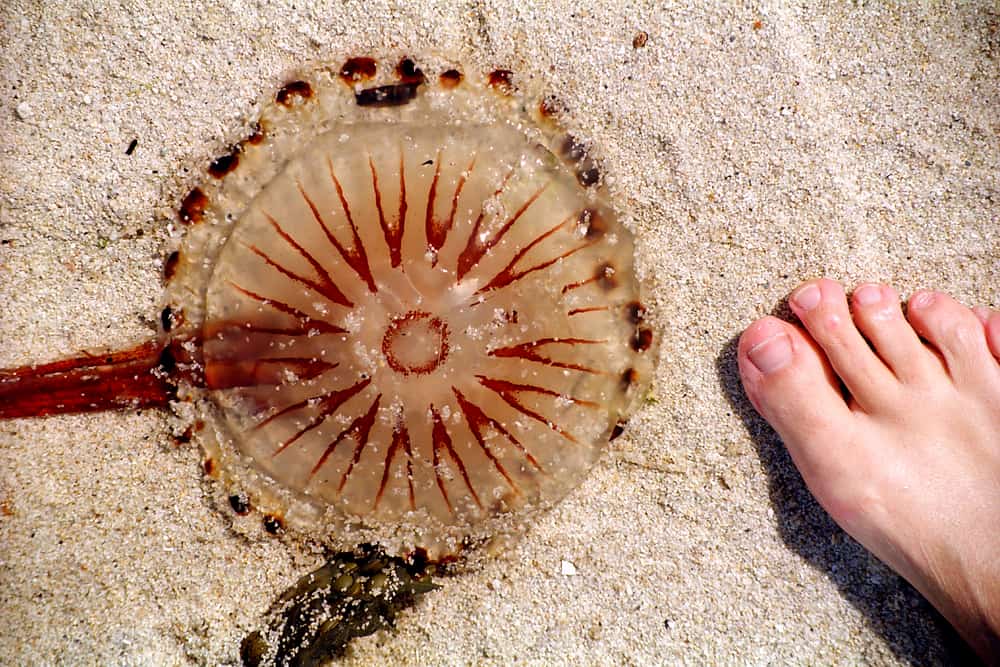Contents:
- Medical Video: The Urban Monk – The Brain Warrior's Way with Guests Dr. Daniel Amen and Tana Amen
- The latest research has found plastic bottles and cans can trigger hypertension
- BPA content in plastic bottles and cans increases blood pressure
- Beware of "BPA free" labels in food and beverage packaging
Medical Video: The Urban Monk – The Brain Warrior's Way with Guests Dr. Daniel Amen and Tana Amen
Are you one of the people who often drinks from cans and plastic bottles? If yes, you might need to change this habit. The reason, a new study shows that chemicals commonly used in cans and plastic bottles can be absorbed into drinks and increase blood pressure in just a few hours. Why is that, huh? How big is the danger of drinking from cans and plastic bottles? See the full review in this article.
The latest research has found plastic bottles and cans can trigger hypertension
Chronic exposure to the chemicals bisphenol A or BPA, which are widely used in plastic bottles, plastic packaging, and cans of food and beverages has been linked to heart disease, cancer, and other health problems. However, a recent study conducted by researchers from Seoul National University College of Medicine in South Korea shows that these chemicals have a direct impact on your heart health.
The study found that when people drink soy milk from cans, BPA levels in their urine increase dramatically within two hours, as well as their blood pressure. However, when they drink the same drink from a glass bottle that does not contain BPA, there is no drastic change in the level of BPA and blood pressure.
If you do it occasionally maybe drinking from a can or plastic bottle is not too dangerous. However, these findings indicate that people who drink from cans or plastic bottles every day for a long period of time will be more at risk of developing hypertension.
BPA content in plastic bottles and cans increases blood pressure
This study involved 60 elderly respondents, most of whom were women and did not have a history of hypertension or high blood pressure. They were then asked to drink soy milk from cans or glass bottles three times a week. Why is soy milk? It turned out that the researchers chose soy milk because soybeans are known to have no blood pressure enhancing properties. Unlike soda, fruit juice, and other acidic drinks that can absorb BPA from plastic containers, soy milk is considered to be quite neutral.
When drinking from glass bottles, researchers found that BPA levels in their urine were relatively low. However, within two hours of drinking from cans, their BPA levels rose to 16 times higher.
In addition to the increase in BPA, the results of their systolic blood pressure test also showed an increase of about five millimeters of mercury. In general, every 20 millimeter increase in systolic blood pressure increases the risk of heart disease.
BPA has been used since the 1960s to make countless everyday products. Starting from plastic bottles, food containers, contact lenses, cups, even baby bottles. Its chemicals can dissolve into food, and previous studies have shown that most Americans who have been tested have BPA in their urine.
BPA is endocrine which can mimic the function of the hormone estrogen in the body. In 2012, Foods and Drugs Administration in the United States (equivalent to the POM Agency in Indonesia) stated that BPA could no longer be used in baby bottles and drinking cups for children. In fact, in 2010 the Canadian government officially stated that BPA is a toxic substance and is prohibited for all children's products.
Several studies have linked high levels of BPA in urine with the risk of hypertension, heart disease, and peripheral arterial disease. However, this study only shows only links, not yet providing definitive evidence that BPA is the cause.
Beware of "BPA free" labels in food and beverage packaging
Because of consumer concerns, several bottles and packaged food products often claim their products are "BPA free" on their labels. However, these products often contain similar chemical alternatives, such as bisphenol S which is as dangerous as BPA.
This is evident from the results of a study in the journal Environmental Health Perspectives. In the study, researchers found that plastic products advertised as "BPA-free" can still absorb other chemicals with estrogenic activity, some of which are even more dangerous than BPA.
As a safe choice, you are advised to choose to use glass bottles rather than cans and plastic packaging.














